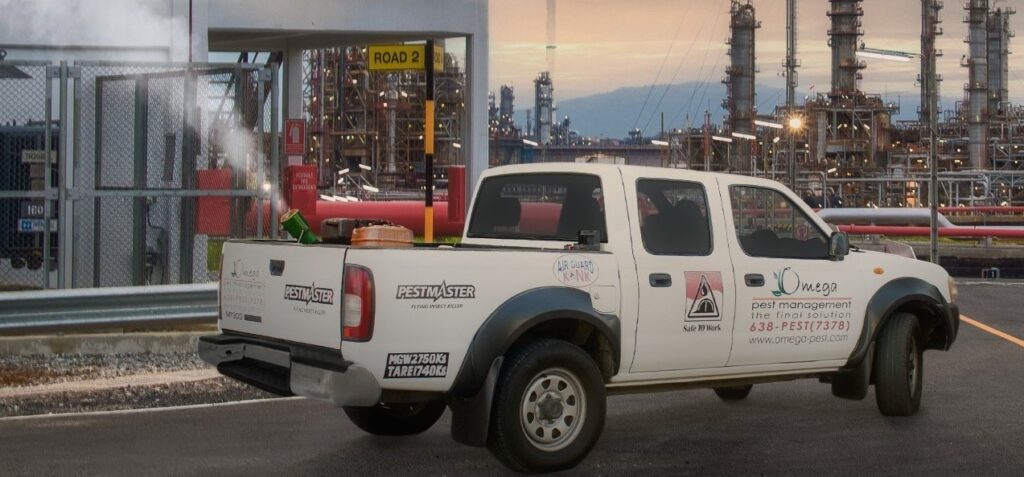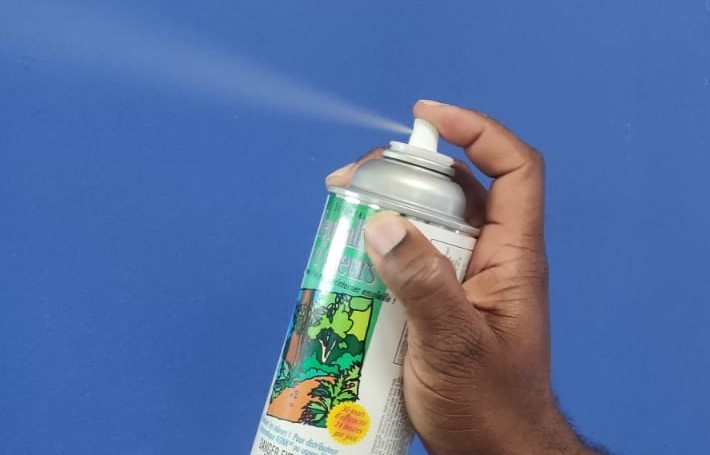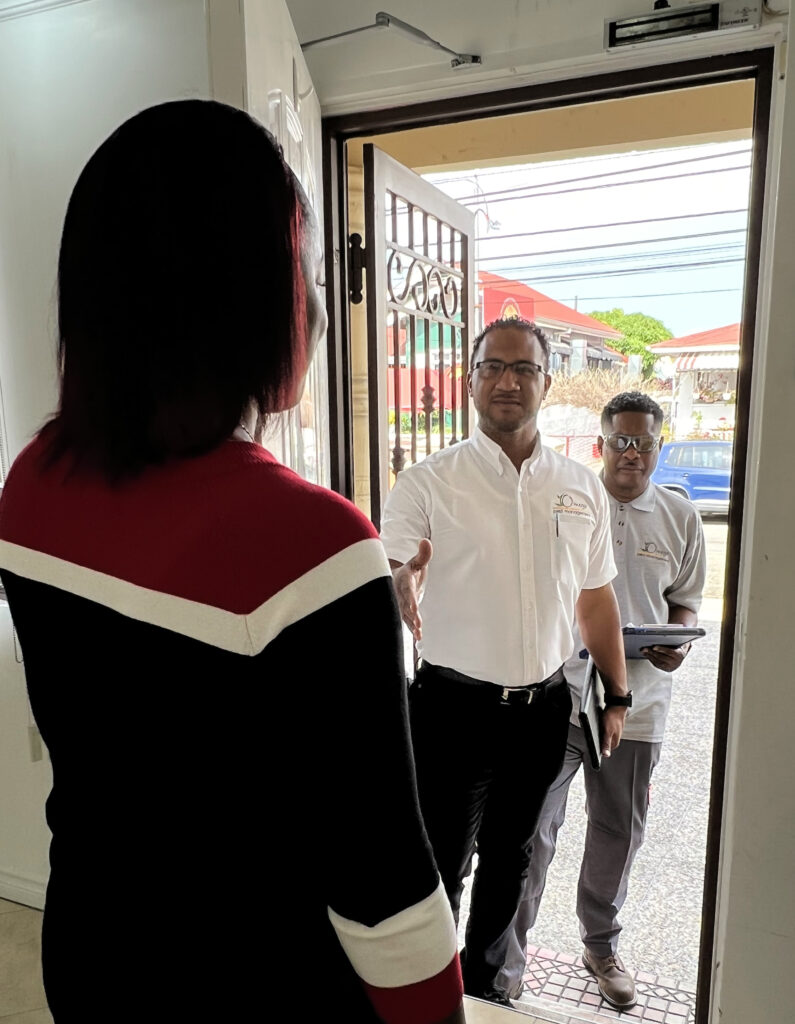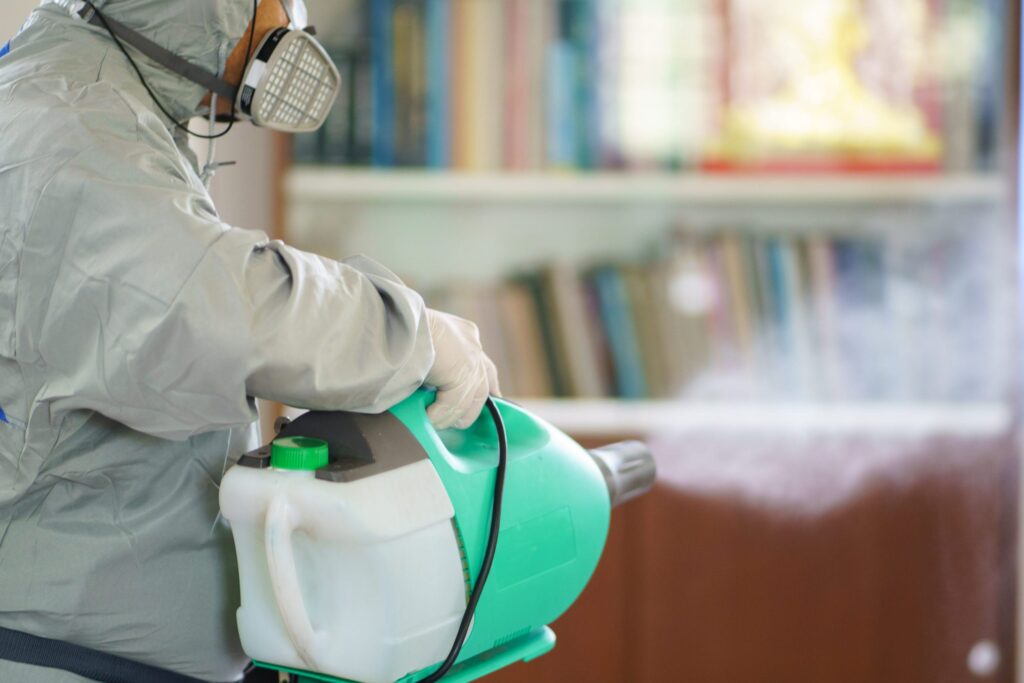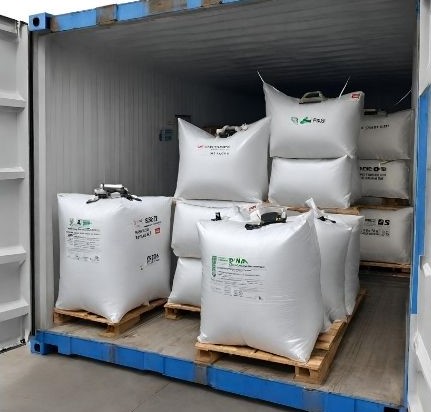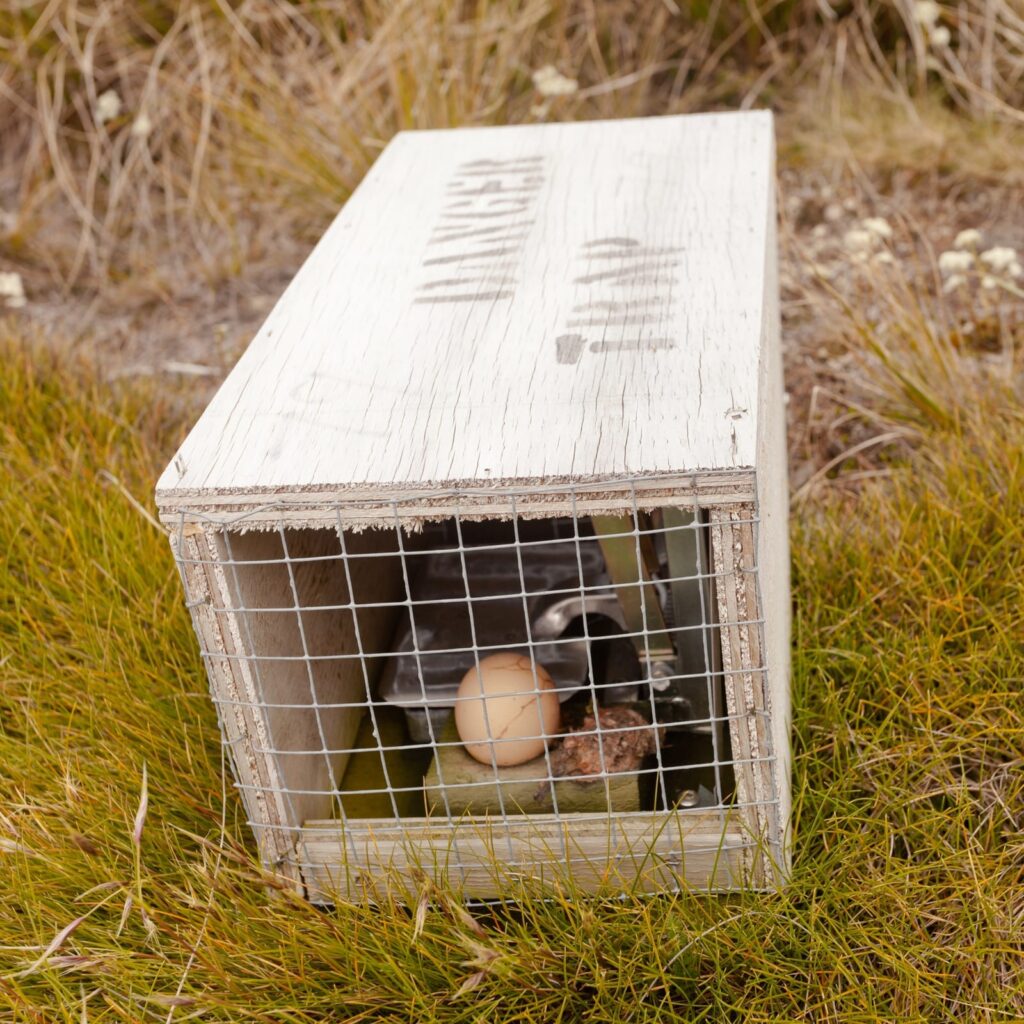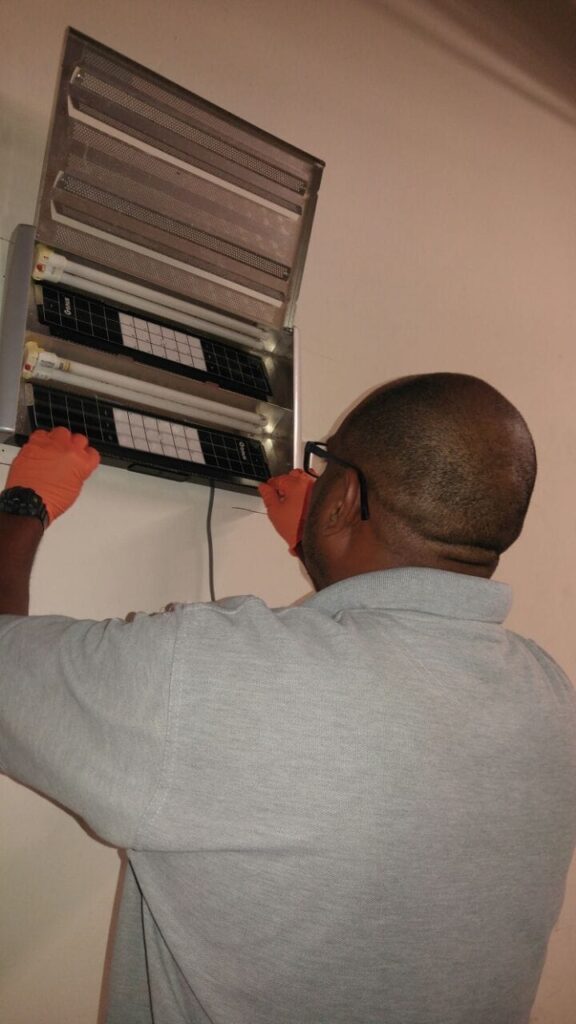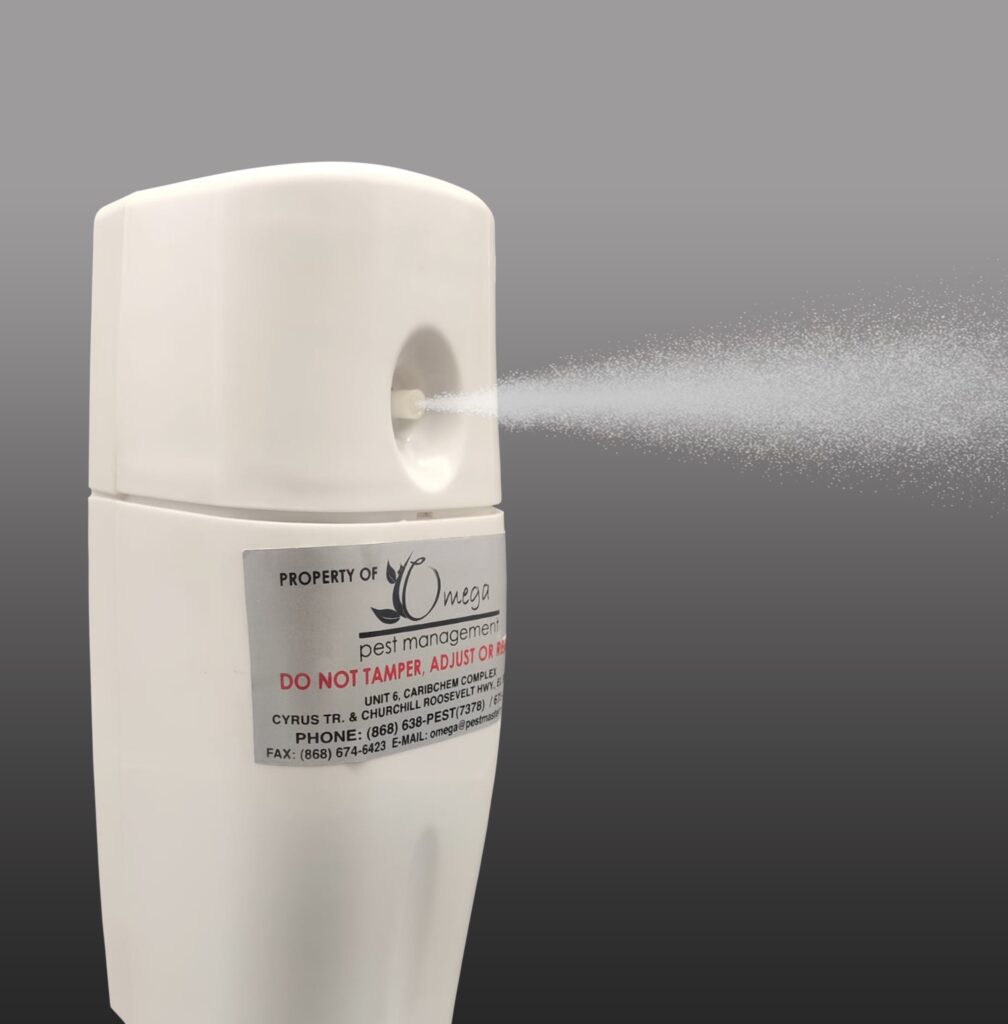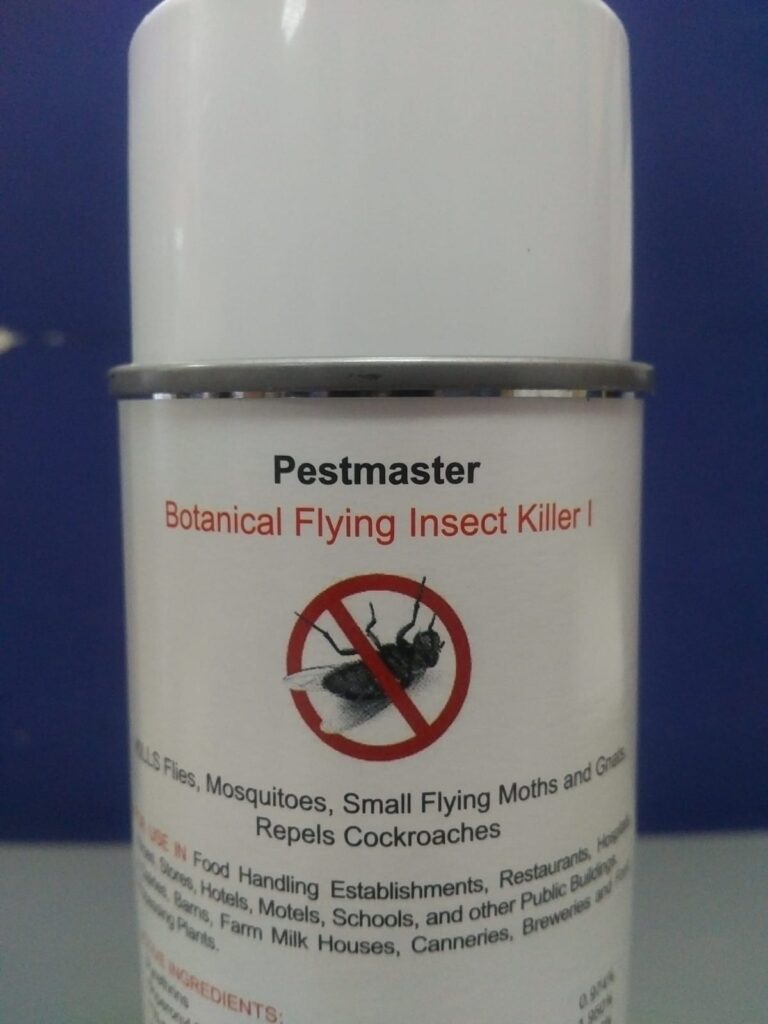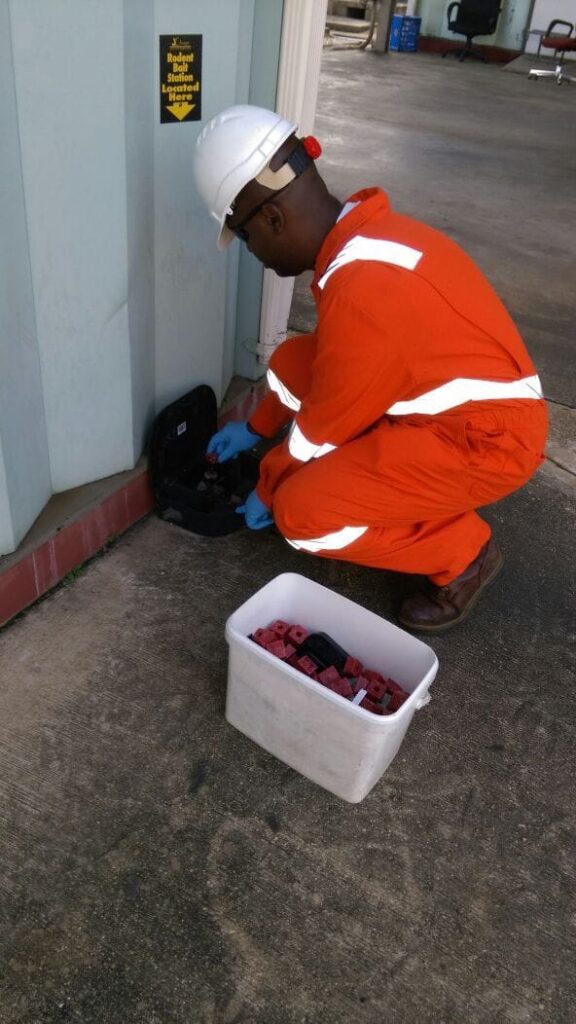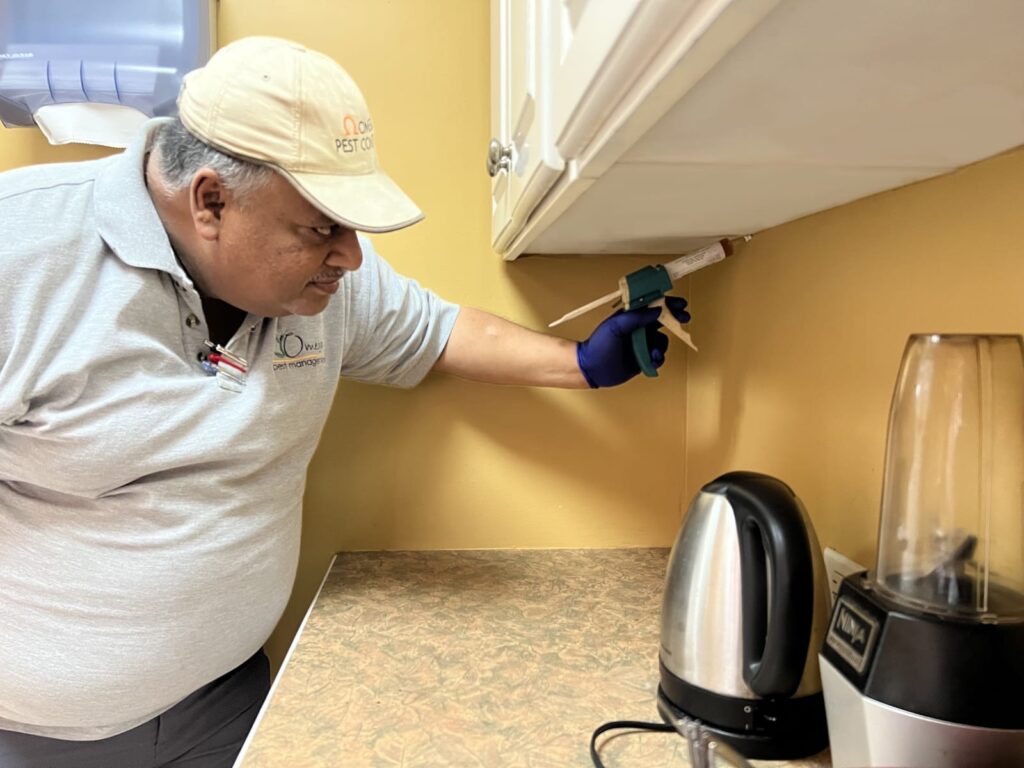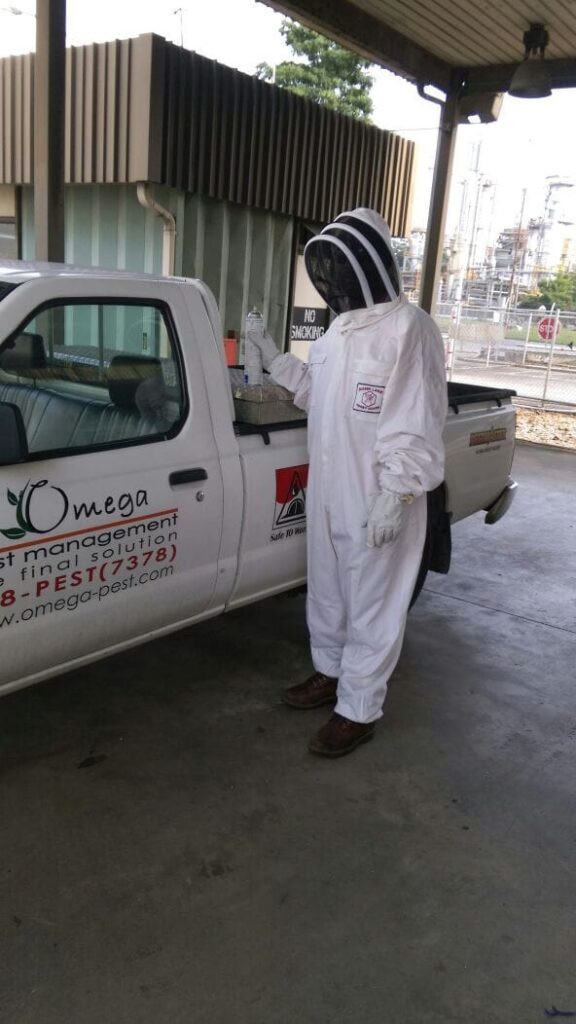
- Accountability and continuous process improvement
- Minimising risks to persons, property and the environment
- Supervising all jobs in industrial settings
- Recording details of treatments accurately
- Adhering to established procedures for safe handling, use, disposal and transport of harmful substances
- Engaging in an ongoing lessons-learnt and outcomes review programme
- Continuously retraining and upgrading our skills and knowledge
- Proactively reinforce and implement leading preventive safety indicators
- Making written recommendations to you for Integrated Pest Management practices that involve the reduced use of pesticide
- Maintaining valid uninterrupted STOW (Safe TO Work) certification
- Using standardised industry specific systems and processes for the Safe Control of Work
- Ensuring that our stakeholders’ interests are protected with sufficient and appropriate insurance cover (including public liability and workmen’s compensation) appropriate to multiple industries
- Maintaining our Health, Safety, and Environment (HSE) management system, robustly
- Preventing disruptions and/or minimising loss by diligently exercising our duty of care
- Being compliant with all applicable legislation, codes, and industry best practices
- Maintaining an Accident, Incident and Near-Miss Reporting and Record Keeping Program
Our industrial services differ from our domestic and commercial services in several key ways:
- Training: Our Service Technicians are Offshore and Onshore safety certified (including Control of Work). They are trained in Emergency Response and have the required expertise to operate in high-risk facilities. All are fully trained in CPR, environmental management, fire prevention, safe working practices, materials-handling and the use of personal protective equipment.
- Scale: The expanse of industrial sites is usually much larger than that of domestic or commercial locations. Industrial facilities are often housed in much larger buildings and occupy greater acreage than residential or commercial ones, and may require more nuanced pest management strategies to be effective.
- Complexity: Industrial facilities are often more complex than residential or commercial ones, with a variety of equipment, machinery, and other factors that can contribute to pest problems. Industrial pest control professionals need to take these factors into account when developing pest management approaches and sometimes include coordinating with other works involving third party service or equipment providers.
- Pest types: The types of pests that beset industrial operations may differ from those encountered in domestic or commercial settings. Industrial facilities may be more prone to infestations of rodents, mosquitoes, ants, vertebrates, bees, birds, stored product insects, and other types of pests that are attracted to large-scale food processing and storage operations.
- Treatment methods: More rigorous treatments and more complex procedures are required in Industrial environments than in others, examples include fumigation, wide area mosquito control, indoor and outdoor ant control or heat treatments. These approaches may be necessary to effectively manage pests in large-scale industrial facilities.
- Safety of workers and customers: Pest control technicians are exposed to many potential hazards such as those associated with working: at heights; in confined spaces; around flammable substances; with toxic chemicals; around potentially dangerous machinery; in proximity to sources of live power and exposure to physical injury, loss of limb, loss of life and physical overexertion. They need to be trained and equipped to handle these hazards safely to protect themselves, the clients they serve and the property they work on or with.
- Compliance with regulations: Industrial facilities are subject to a range of stringent and peculiar health, safety, quality and site-specific requirements that invariably impact pest management strategies. Industrial facilities are also frequently subject to multiple regulations impacting pest management, as such the service provider must be familiar, and compliant with them so as to provide services that meet legal, health, food safety, environmental preservation and customer specific requirements.
- Protection of property: Industrial facilities may have valuable equipment, inventory, raw materials and documents that need to be protected from pest damage. A pest management company must have the necessary training and expertise to identify, treat, and prevent pest infestations effectively.
- Reputation: Industrial facilities have strict compliance requirements for service providers. If a pest control company fails to meet these requirements or causes damage or harm, it could blemish the organisation’s reputation and result in a loss of business and a reduction in profits.
To address these marked differences between the various operating environments, we have comprehensive safety standards to which our independently certified technicians must adhere, ongoing training programs for workers, and a commitment to accountability and quality assurance. We carry appropriate insurance coverage to protect our customers, their property and our staff from potential damage and losses.
Compliance with regulations, training, sector experience and insurance coverage are critical factors that an industrial client should consider when choosing a pest control company. We meet all regulatory requirements and carry appropriate insurance to provide peace of mind that the work will be done safely and effectively, with minimal risk to the facility and employees. This helps to ensure that our clients receive the services they need to protect their property, meet legal requirements, and maintain their reputation in the industry.
Overall, our industrial pest management services are designed to meet the specific needs of large-scale industrial facilities, while our commercial and domestic services are designed for smaller executions. While there may be some overlap in the types of pests encountered and treatment methods used, the operations of our industrial clients require a unique set of skills, knowledge, and expertise to effectively manage pests in their complex and challenging environments.
